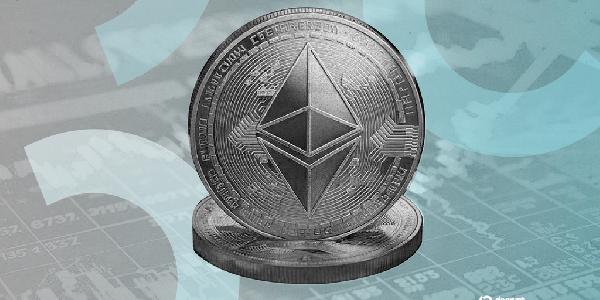Tron Inc., a Nasdaq-listed company formerly focused on theme park merchandise, has registered up to $1 billion in securities as it pivots toward becoming a crypto treasury vehicle centered on TRX, the native token of the Tron blockchain.
The registration outlines plans for the company to issue stock, debt, and other instruments “from time to time,” with proceeds expected to “purchase TRX tokens” and pursue other strategies that could help it establish “income streams or otherwise generate funds” from its holdings, according to its filing submitted Monday.
The strategy follows a playbook popularized by firms like Michael Saylor’s Strategy, but with a less-known and less liquid asset at hand.
The company cautioned that a decline in TRX prices or waning investor interest could make raising capital more difficult.
If its “toys and souvenir business does not generate cash flow in future periods,” the company said it intends to fund its obligations “using cash flow generated by equity or debt financings.” It also said the same line of business “did not generate positive cash flow from operations” in 2024.
Complicating the company’s pivot is its leadership, with “some of our directors [having] certain ties with the TRON blockchain ecosystem,” the filing stated, raising the risk of potential conflicts of interest.
Tron Inc.’s board is chaired by Weike Sun, father of Tron founder Justin Sun, whose companies were charged by the SEC in 2023 for unregistered securities sales and market manipulation involving TRX.
Sun has consistently denied the allegations, but the familial overlap raises questions about governance at a firm using public equity to deepen its Tron exposure.
The company discloses no formal role for Justin Sun, though its board includes a Tron DAO advisor and the lead developer of Tronscan. The $100 million in Tron used to fund a reverse merger back in June was custodied by a Hong Kong trust where one of Tron Inc.’s directors also serves.
The move is a “bold pivot into becoming a publicly traded Tron liquidity sink, using equity and warrant issuance to create sustained buy pressure,” Vincent Liu, chief investment officer at Kronos Research, told Decrypt.
Liu characterized Tron Inc.’s move as an “aggressive liquidity engineering play” that appears to bridge traditional finance’s capital directly into the Tron ecosystem.
The filing also notes that Tron is “less liquid” than traditional reserves like cash or short-term investments, and “may not be able to serve as a source of liquidity” compared to these.
“Tying a public company’s balance sheet to Tron offers high upside through price reflexivity and first-mover narrative,” Liu noted, before warning that it comes with risks including thin liquidity, regulatory uncertainty, and reputational exposure.
“Unlike Bitcoin, Tron’s lower market depth makes the strategy more volatile,” he added.
Your Email










